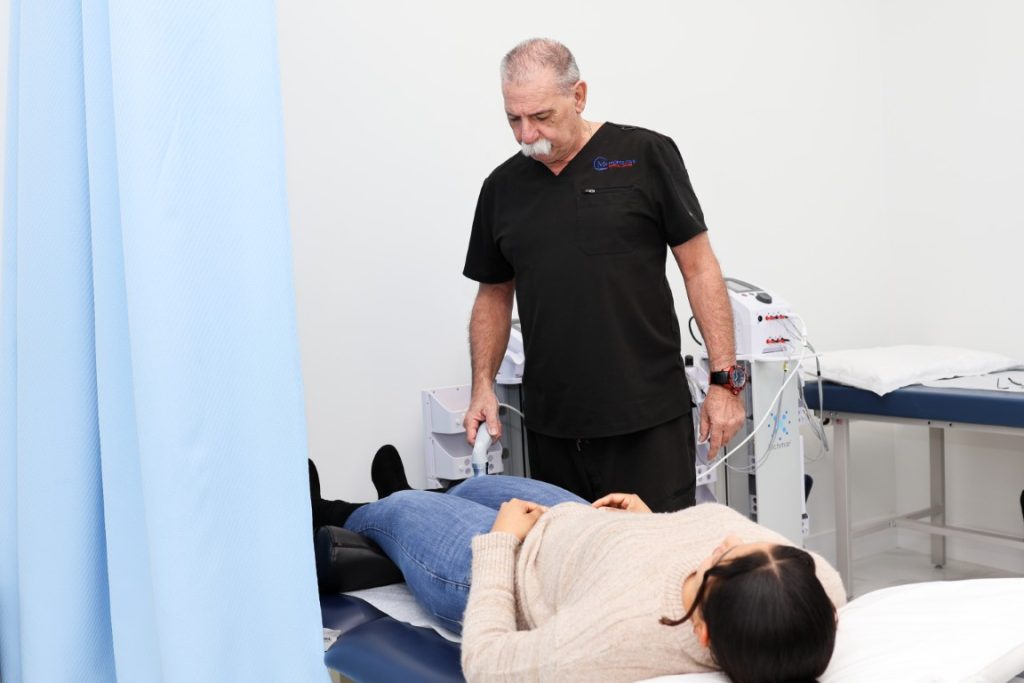Top 5 Reasons Seniors Need an Annual Health Check Up
June 25, 2025

Table of Contents
Annual health check up
Did you know that 68% of health issues could have been caught early if people didn’t skip their annual check-ups? Yeah, that hit me too.
I used to be that person who’d rather do literally anything else than make that doctor’s appointment. Until I found a lump that shouldn’t have been there.
Your annual health check-up isn’t just another box to tick off your adulting list—it’s your body’s maintenance schedule that could literally save your life.
By the end of this post, you’ll know exactly what tests to request, which questions to ask your doctor, and how to make the whole experience suck less.
But first, let me tell you what happened when I finally stopped making excuses and walked into that exam room…



What is an annual checkup?
What Annual Checkups Really Are
Ever had that feeling of uncertainty about what happens during an annual checkup? You’re not alone. An annual checkup (sometimes called a yearly physical or wellness exam) is basically a routine medical appointment designed to assess your overall health and catch potential issues before they become serious problems.
Think of it as your body’s yearly maintenance check – similar to how you’d service your car regularly to keep it running smoothly.
During this visit, your healthcare provider examines your current health status, reviews your medical history, and performs various screenings and tests to get a complete picture of your wellbeing.
What Happens During an Annual Checkup?
Your checkup typically includes:
- A review of your medical history and any changes since your last visit
- Vital sign measurements (blood pressure, heart rate, temperature)
- Physical examination of major body systems
- Basic laboratory tests like blood and urine analysis
- Age and risk-appropriate screenings
- Vaccinations if needed
- Discussion about your lifestyle, mental health, and any concerns
The beauty of annual checkups is they’re customized to you. A 25-year-old athlete will have different assessments than a 65-year-old with chronic conditions. Your doctor adapts the exam based on your age, sex, family history, risk factors, and personal health concerns.
These appointments typically last 30-60 minutes, depending on your health status and what needs to be covered. They’re your opportunity to build a relationship with your healthcare provider and take an active role in managing your health.
why annual health check up is important

Annual health check-ups are your body’s regular maintenance service. Think of them as catching small issues before they turn into major breakdowns. These preventive visits help detect hidden health problems early, when they’re easier to treat. Plus, they give you peace of mind and establish a baseline for your doctor to track changes over time. Smart prevention saves both lives and money.
What providers perform annual exams?
Primary Care Physicians (PCPs)
When it comes to annual exams, primary care physicians are the go-to providers for most adults. These doctors build long-term relationships with patients and track health changes over time. Your PCP might be a family medicine doctor, an internal medicine physician, or a general practitioner.
PCPs do more than just check your vitals. They know your medical history, understand your risk factors, and can spot subtle changes that might indicate developing health issues.
OB-GYNs
Women often see obstetrician-gynecologists for their annual exams. These specialists focus on reproductive health but typically perform comprehensive checkups as well. Many women choose to have their yearly physical with an OB-GYN, especially if they don’t regularly see another primary care doctor.
Nurse Practitioners and Physician Assistants
Don’t be surprised if your annual exam is performed by a nurse practitioner (NP) or physician assistant (PA). These highly trained professionals can conduct thorough examinations and often spend more time with patients than doctors can.
NPs and PAs work under a physician’s supervision but can independently perform annual exams, order tests, and prescribe medications in most states.
Specialists for Specific Needs
Sometimes your annual health screening might involve specialists:
- Cardiologists for heart-related concerns
- Endocrinologists for diabetes management
- Geriatricians for older adults with complex health needs
- Pediatricians for children’s annual checkups
Choosing the Right Provider
The best provider for your annual exam depends on your:
- Age and gender
- Existing health conditions
- Personal preferences
- Insurance coverage
Many people don’t realize they have options. You can switch providers if you don’t feel comfortable with your current one. The most important thing is finding someone who listens to your concerns and provides thorough care.
What to expect during an annual exam

Before Your Appointment
Walking into a doctor’s office for your annual check-up can make even the calmest person a bit nervous. But knowing what’s coming helps take the edge off.
Most annual exams start with paperwork – medical history updates, medication lists, and those symptom questionnaires. Pro tip: arrive 15 minutes early if you’re a new patient or if it’s been a while since your last visit.
The Vital Signs Check
First up, a nurse or medical assistant will check your basics:
- Blood pressure (the squeezy arm cuff thing)
- Heart rate (fingers on your wrist or a clip on your finger)
- Temperature (usually a quick forehead or ear scan these days)
- Respiratory rate (how many breaths you take per minute)
- Height and weight measurements
These numbers give your doctor a snapshot of your overall health before they even walk in the room.
The Physical Examination
Your doctor will typically:
- Listen to your heart and lungs with a stethoscope
- Check your ears, eyes, nose, and throat
- Feel your abdomen for any abnormalities
- Examine your skin for concerning spots or changes
- Check your reflexes with that little rubber hammer
For men, expect a testicular exam and possibly a prostate check depending on your age. For women, breast exams are common, and your doctor might discuss whether you need a Pap smear or mammogram.
Laboratory Tests
Blood work is often part of the annual exam package:
- Complete blood count (CBC)
- Cholesterol panel
- Blood sugar testing
- Thyroid function tests
Your doctor might recommend additional tests based on your age, risk factors, and family history.
Wrapping Up
The final part includes discussing test results (some might come later), addressing any concerns you’ve mentioned, and creating a health plan for the upcoming year. This is your chance to ask questions – don’t be shy about bringing up anything that’s bothering you, even if it seems minor.
Preparing for Your Visit

Nothing worse than getting to your appointment and realizing you forgot half the things you wanted to ask about. Before your visit:
- Write down any symptoms or concerns
- Make a list of medications you’re taking (including vitamins and supplements)
- Note any changes in your health since your last visit
- Bring your insurance card and ID
Many providers also offer pre-appointment questionnaires through patient portals, which can streamline your visit and give your doctor a heads-up about your concerns.
Regular health check-ups are an essential component of preventative healthcare, allowing medical professionals to detect potential issues before they become serious problems. Whether performed by your primary care physician, a nurse practitioner, or a physician assistant, these comprehensive examinations include vital sign measurements, physical assessments, lab work, and discussions about your health history and concerns. By maintaining a consistent schedule of annual exams, you’re investing in early detection, better health outcomes, and often lower healthcare costs in the long run.
Don’t wait until you’re feeling unwell to seek medical attention. Schedule your annual check-up today and take a proactive step toward maintaining your health and well-being. While costs may vary based on insurance coverage and provider, most preventative care services are covered by insurance plans. Remember that your health is your most valuable asset—prioritize it by making annual check-ups a non-negotiable part of your self-care routine.
Don't Hesitate To Contact Us
Reach out to Metropolitan Medical Centers for all your healthcare needs. Our dedicated team is ready to answer your questions, schedule appointments, and provide exceptional medical services. Your health and well-being are our top priorities. Contact us today!
General Questions
A wellness visit focuses on preventive care, risk assessment, and planning. A full physical may include more hands-on evaluations and detailed testing depending on medical history.
If your provider orders cholesterol or glucose tests, fasting may be required. Our office will inform you ahead of time.
Yes. Medicare and most Medicare Advantage plans cover annual wellness visits at no cost to the patient.
Plan for about 45–60 minutes. Complex medical histories may take longer, and we never rush your care.
Our team will create a personalized follow-up plan and coordinate any needed specialists or testing
Absolutely. We encourage support from caregivers during medical visits.



